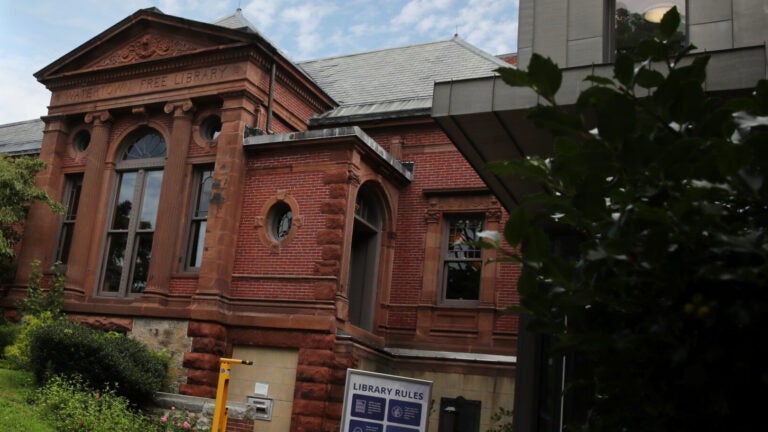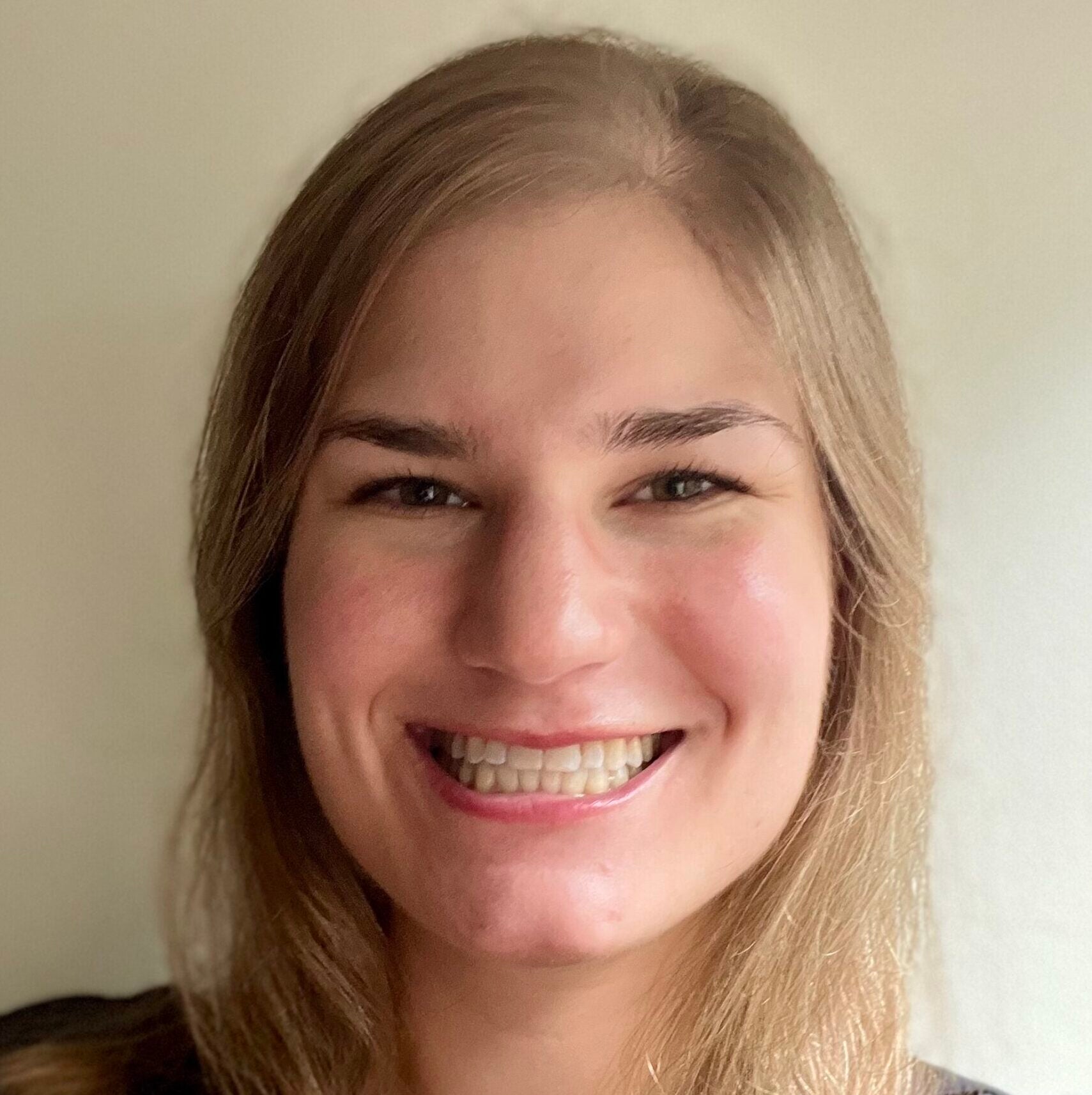“Why would you choose a child’s book that pits Israel specifically as the oppressor?” one Watertown resident demanded.

The Watertown Free Public Library. Craig F. Walker/Boston Globe Staff, File
August 5, 2025 | 4:34 PM
4 minutes to read
A summer reading list for elementary schoolers has plunged the Watertown Free Public Library into a political firestorm amid backlash over two pro-Palestinian titles included among the recommendations.
The library featured Maysa Odeh’s “A Map for Falasteen: A Palestinian Child’s Search for Home” on its list for second-graders and suggested Hannah Moushabeck’s “Homeland: My Father Dreams of Palestine” for first-graders, according to its website.
While some community members felt the award-winning books were age-appropriate in their exploration of another culture, others have decried their content as antisemitic or anti-Israel. Speaking during a July 31 Board of Library Trustees meeting, Watertown resident Rachael Sack said she believes “A Map for Falasteen” in particular “incites fear-mongering and sadness.”
Sack said that while she wasn’t asking for the book to be banned or removed, she questioned why the library would recommend second-graders read a title “that speaks of guns and tanks and freedoms being taken away.”
“Why would you choose a child’s book that pits Israel specifically as the oppressor?” she demanded, per a Watertown Cable Access Corp. recording.
Moushabeck responded to the outcry on social media, firing back, “Our books deserve to be on recommended book lists and the baseless accusations are clear examples of anti-Palestinian racism.”
The backstory
The two pro-Palestinian titles were among dozens of books curated by library staff for a summer reading list and reviewed by Watertown Public Schools prior to publication, Board of Library Trustees Chair Leanne Hammonds explained in a statement read aloud during the July 31 meeting.
“None of the titles on any of the lists are required reading,” Hammonds clarified. “The summer reading lists may or may not be used in an entirely voluntary manner at an individual or family’s sole discretion.”
Still, a Watertown resident sent the library a “request for reconsideration” that asked staff to remove one of the contested titles from its list. Because the library’s collection development policy does not have a mechanism for removing books from reading lists, the library’s director “accepted this request in good faith as a courtesy and treated it as feedback similar to a public comment,” according to Hammonds.
Hammonds didn’t specify the title in question or say whether staff received any additional requests for reconsideration, but the group Massachusetts Authors Against Book Bans says the library was inundated with thousands of emails as people across the country protested the inclusion of Odeh’s and Moushabeck’s books.
Debra Neiman, a Watertown parent who spoke at the July 31 meeting, identified herself as a “concerned member of the Watertown Jewish community” and alleged “A Map for Falasteen” essentially “marginalizes and erases Israel and all people connected to it.”
She also expressed concerns that the book might confuse or alienate young readers.
“While I understand the value of diverse cultural perspectives, I believe this particular book crosses the line from cultural education into political messaging that is not appropriate for young children,” Neiman said. “This book presents a narrative that is deeply connected to the Israeli-Palestinian conflict, but it does so from one perspective only without context, balance, or acknowledgment of the complexity of the historical and political situation.”
Sharon Krebs, meanwhile, argued “A Map for Falasteen” amounts to indoctrination and “effectively erases the Jewish state off the map” with its tale of a young Palestinian girl who struggles to find her homeland on the globe.
‘Straight out of the playbook to silence’
Other community members spoke in favor of keeping the two books on the summer reading list. Abby Yanow, who identified herself as a Jewish peace activist, specifically praised “A Map for Falasteen.”
“This book has no content that denies the humanity of Jewish people,” Yanow asserted. “We wouldn’t expect histories of Jewish people to mention Palestinians, so this should not be a criterion for excluding this book.”
Merrie Najimy, the former president of the Massachusetts Teachers Association, argued that any claim that “A Map for Falasteen” indoctrinates children “comes straight out of the playbook to silence.” Further, she added, it’s “belittling to educators and parents and caregivers to presume they don’t know how to talk to their own children about controversial or complex topics.”
Watertown School Committee member Lisa Capoccia, speaking as an individual, expressed support for allowing families to decide for themselves.
“Nobody should control the material we have access to,” Capoccia said. “Only parents and caregivers should decide what books are appropriate for their children, not other groups.”
Kelly Linehan, vice president of the Massachusetts Library Association, noted challenges to library materials often target books that reflect the experiences of marginalized groups.
“A library’s role is not to endorse specific viewpoints, but to provide access to the full spectrum of ideas, even and especially those that some may find uncomfortable,” Linehan said. “This isn’t just a professional value; it’s a constitutional right.”
While she acknowledged individuals have the right to speak up when they object to a particular book or feel its content is inappropriate for children, Linehan also pushed back on patrons weaponizing their personal beliefs to alter a library’s public collection.
“The moment we start pulling materials based on discomfort, disagreement, or fear of controversy, we step away from our mission and into the realm of censorship,” Linehan added. “Freedom to read is not a partisan issue. It is not a culture war or battleground, it is the cornerstone of democracy.”

Abby Patkin is a general assignment news reporter whose work touches on public transit, crime, health, and everything in between. She has been covering the Karen Read murder case.
Sign up for the Today newsletter
Get everything you need to know to start your day, delivered right to your inbox every morning.